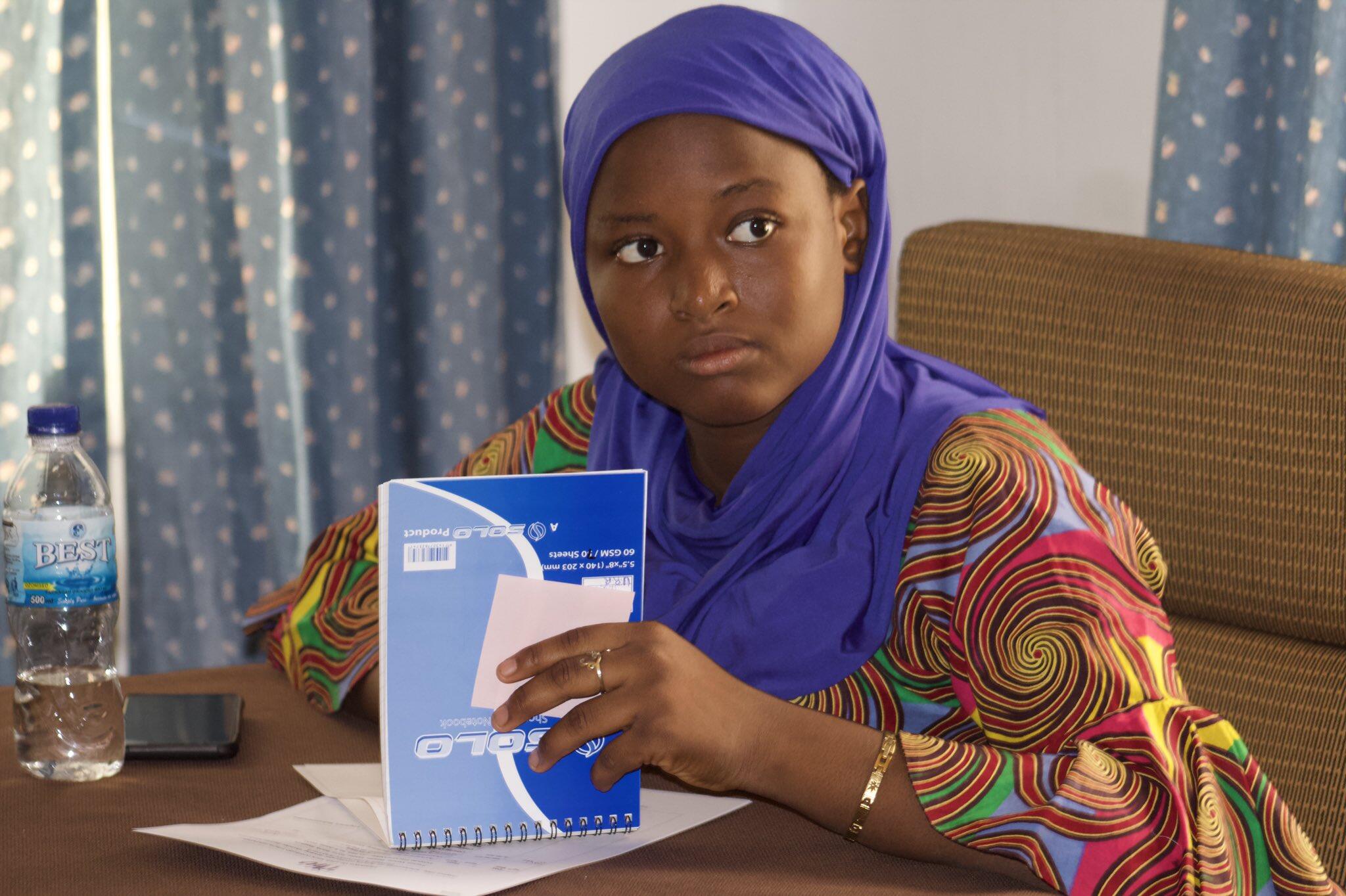Every young person will one day have life-changing decisions to make about their sexual and reproductive health. Yet, research shows that the majority of adolescents lack the knowledge required to make those decisions responsibly, leaving them vulnerable to coercion, sexually transmitted infections and unintended pregnancy.
Over the years, teenage pregnancies and other challenges hindering the growth and wellbeing of adolescent girls in The Gambia, have been attributed to little or no access to sexual and reproductive health information and services through, health facilities and other community settings.
Current data shows that 19.4% of women aged 20-24 years gave birth before age 18 while 4.1% give birth before age 15. Despite the alarming figures, more concerted effort is especially required in tackling this challenge in rural Gambia, where 27.8% of women aged 20-24 years gave birth before age 18 as compared to urban Gambia which records 13.7%.
Thus, a great need exists to ensure that adolescent girls in The Gambia are provided with the requisite information and skills to make informed choices, while understanding their fundamental human rights in order to live health and dignified lives.
Recognising this need for action, UNFPA supports the Girls’ Mentorship Programme, an initiative of Think Young Women aimed at ensuring adolescent girls access mentorship opportunities from young women leaders in their communities, are provided with information on menstrual health and hygiene management and given monthly supplies of sanitary products.
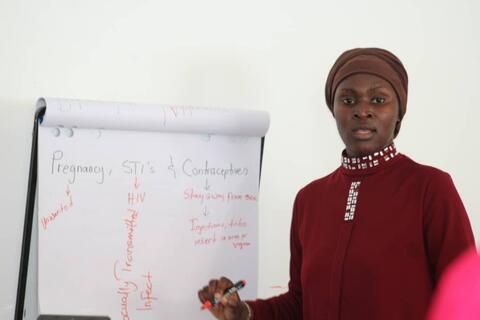
Launched in 2011 and supported by UNFPA in 2016, 2017, 2019 and 2020, the programme has now graduated over 270 girls within the Greater Banjul Area. However, given the disparities and barriers to opportunities peculiar to communities in rural Gambia as opposed to urban Gambia, it was deemed necessary to decentralise the programme and take steps towards leaving no girl behind.
As a result, on 31 May 2020, with support from UNFPA, Think Young Women went to Basse in the Upper River Region (URR) of The Gambia, over 490 kilometres from Banjul, to train 10 young women leaders who will serve as mentors and champion the programme in the region.
The training provided an opportunity to understand the objectives of the programme, the impact created since inception, and the different themes covered in the training manual, following which the first cohort of mentees from URR will be identified, and a hands-on mentorship camp will be organised. The camp will prepare the mentors to launch the second cohort, following the original model of weekly sessions for 3 months.
According to Yaebu, one of the mentors in training “adolescent girls in Basse are faced with numerous challenges including cultural norms that negatively impact their health and wellbeing and limit their ability to make informed choices.”
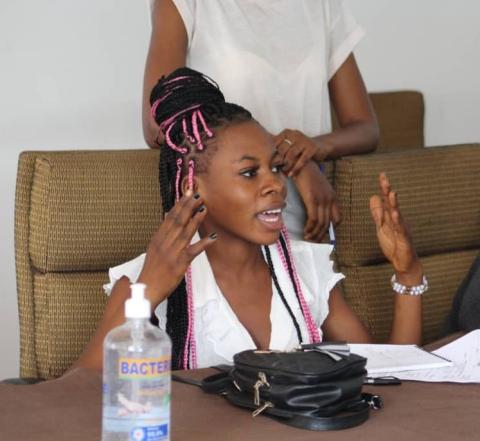
Ensuring sustainability is key to ensuring adolescent girls everywhere are reached with equal opportunities to thrive and reach their maximum potential. An example of how this is being ensured through the mentorship programme is including girls who graduated from the programme in the implementation of other cohorts. At the Basse training, Ndey Fatou Nying who graduated from the 5th batch of the mentorship programme, was one of the facilitators. For her, contributing towards the creation of safe spaces for girls like her to interrogate their realities and support each other through sisterhoods is essential if we must realise gender equality and advance the fundamental human rights of both boys and girls.
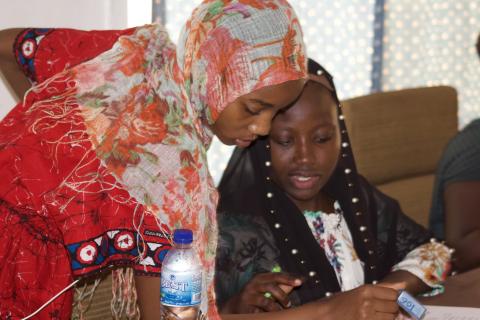
Because of the thousands of girls like Ndey Fatou who did not have the platform to voice their concerns, seek support through mentors and access SRH information before going through the programme, UNFPA continues to works with the government of The Gambia through the Ministry of Basic and Secondary Education to implement comprehensive sexuality education programmes in schools and community-based training and outreach through partners like Think Young Women.
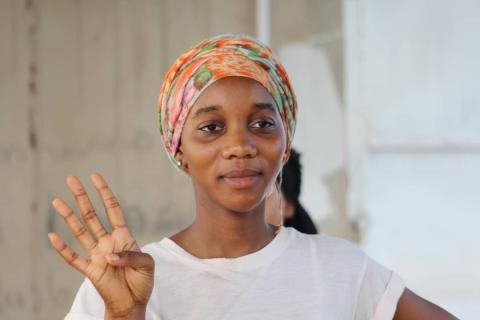
In 2019, the Country Office centred investments around building the capacity of teachers to be able to effectively implement a CSE programme. As a result, 610 teachers were trained on CSE and school-based curriculum was developed. 710 students were also trained through community based programmes on Female Genital Mutilation, Child Marriage and Gender Based Violence broadly.
Media contact:
Haddy Jonga - Programme Analyst Communications, UNFPA The Gambia jonga@unfpa.org
Isatou Jallow - Communications Associate, UNFPA The Gambia ijallow@unfpa.org

